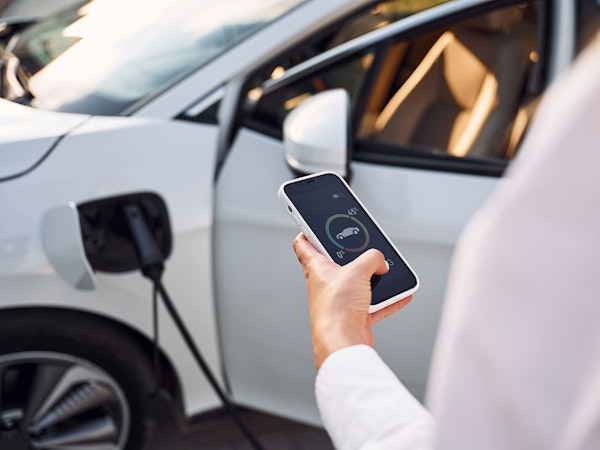Company cars are having a revival
Recently published statistics show that the company car is making something of a comeback, with the number of recipients for 2023/24 up 80,000 from the previous year.

From a high of 960,000 company car recipients in 2015/16, the number dropped to 720,000 by 2020/21. The level has now picked up to 840,000, with the increase due to the beneficial tax treatment of cars with CO2 emissions of 75 grams per kilometre or less, especially fully electric cars.
Salary sacrifice
With tax thresholds frozen, sacrificing salary in return for the use of a low-emission company car can mean a significant tax saving. For example, an employee with an income of £120,000 – well within the personal allowance trap – who sacrifices £6,000 of salary to cover the employer’s lease cost of a mid-priced, fully electric company car, will save around £2,800 in tax and National Insurance Contributions. With this in mind:
- It is therefore not surprising that the number of zero-emission company car recipients has risen six-fold between 2020/21 and 2023/24, with the number now standing at over 340,000. This is 41% of all company car benefit recipients.
- It also explains why the average CO2 emission of company cars for 2023/24 was 56 g/km, compared to 71 g/km in the previous tax year.
- A further advantage of an employee making use of a fully electric company car is that there will be no fuel benefit even if a charging point is provided at the employer’s premises.
The rise in fully electric company car recipients is mirrored in the percentage of company car drivers with diesel cars, which is down to 13%, having been nearly 50% back in 2020/21.
The future
While fully electric company cars currently attract a benefit percentage of just 3%, this percentage is set to increase to a much less beneficial 9% by 2029/30. For the taxpayer in our example, this will cut the overall tax saving to around £1,000. The company car comeback may be short-lived after all.
The tax cost of having a company car can be calculated starting here using HMRC’s company car and car fuel benefit calculator.


